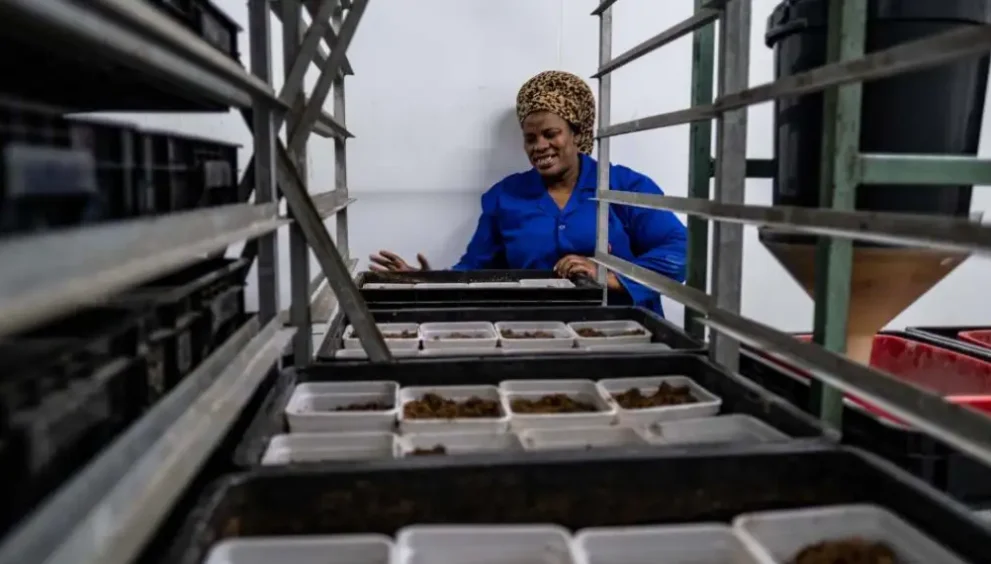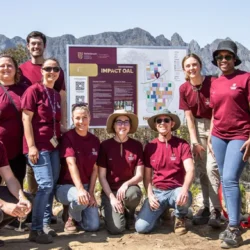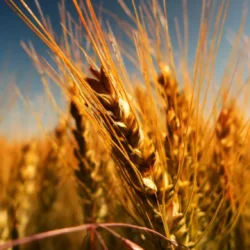Insect farming is quickly becoming a game-changer in Mzansi, turning organic waste into cool stuff like animal feed. This fresh industry has the potential to boost food security and tackle environmental issues
Insect farming is emerging as a transformative solution for sustainable food production, particularly in Africa. As the global demand for sustainable protein sources grows, this industry is poised to be critical in addressing food security and environmental challenges.
Antonine Hubert, second vice-president of the International Platform of Insects for Food and Feed, notes that insect farming has become the fastest-growing sustainable protein production sector in the European Union, with over €1.5 billion (more than R29 billion) invested in insect-producing companies, creating thousands of green jobs.
Dean Smorenburg, CEO of Maltento, underscores the immense potential for insect farming in Africa, especially in South Africa.
Benefit to the environment
“Insect farming offers a revolutionary approach to creating sustainable food sources. By rearing insects like black soldier flies, we can convert organic waste into high-value products such as animal feed and fertilisers,” he explains.
This not only reduces environmental impact but also promotes circular economic practices that benefit the continent and beyond.
However, the industry is not without its challenges. Recent research highlights concerns regarding sustainability, particularly the reliance of some farms on expensive, high-quality feed inputs rather than utilising food waste.
Smorenburg acknowledges these critiques, emphasising that like any growing industry, insect farming is still evolving. “With the right innovations, we can overcome these challenges,” he asserts.
Maltento has adopted a forward-thinking approach, establishing a sustainable business model that extends beyond protein extraction.
“We use food waste as feed, produce frass for soil enhancement, and develop products like pet food palatability enhancers. Our goal is to utilise every by-product, demonstrating that insect farming can offer more than just a single protein source,” Smorenburg adds.
The environmental benefits of insect farming are significant. A study by Protix, a Netherlands-based insect farming company, found that insect meal can reduce CO2 emissions by 78% compared to poultry meal, and insect fat requires 99.9% less land than coconut oil.
“These findings illustrate how insect farming can lead the way in sustainable food systems, reducing reliance on traditional protein sources,” Smorenburg states.
Potential in insect farming
In Africa, the abundance of food waste from industries such as beer production and bread mills presents a unique opportunity for the continent to become a leader in sustainable insect farming. Smorenburg highlights the potential to divert hundreds of thousands of kilograms of food waste from landfills, contributing to a circular economy.
Looking ahead, the future of insect farming lies in diversifying business models that fully leverage the potential of insects. By embracing innovative solutions, the industry can overcome its current challenges and significantly contribute to a sustainable food system.
“We must invest in research and development to explore the full potential of insect biotechnology,” Smorenburg concludes. “With a strong focus on sustainability, insect farming can drive positive change for future generations, both in Africa and globally.”




